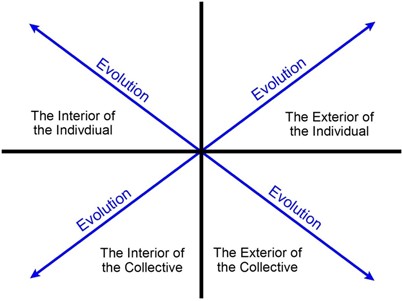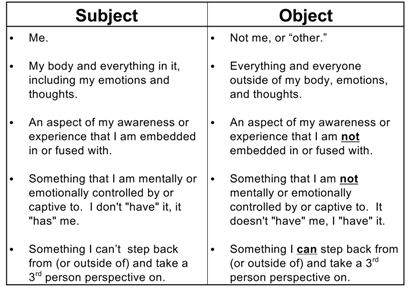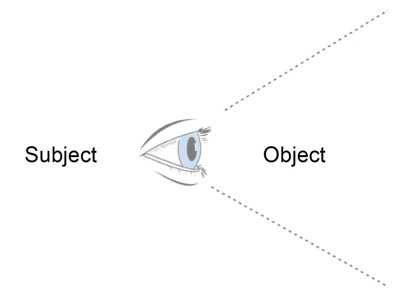[The following was from IntegralChristian.org, which is no longer an active link]:
Development, Growth, Evolution
Development (or Growth or Evolution) occurs in each of the four quadrants.

When science studies the right-hand quadrants, it finds the evolution of galaxies, stars, planets, and species. When psychology studies the upper left quadrant it finds developmental stages we all pass through. And when social scientists study the two lower quadrants, they find the evolution of cultures and societies.
Psychologists who study human development find that in childhood and youth we move fairly quickly through stages of development up to young adulthood. But when we reach our mid-twenties, development tends to stop, often for decades.
Robert Kegan, a developmental psychologist at Harvard, has said that growth to a new stage happens when “the subject of one stage becomes the object of the subject at the next stage.” What does this mean?
To understand, we must first understand the distinction between subject and object.
Subject and Object
“Subject” is something I identify with and experience as “me.” “Object” is something I experience as “not me.” “Subject” is something I can only take a 1st person (“I”) perspective on. “Object” is something I can take a 3rd person (“it”) perspective on. In other words, I can stand back from it and view it objectively.
The chart below illustrates some of the differences between subject and object:

Here is another way to picture the difference between subject and object:

So, how does the “subject” at one stage of development become the “object” of the “subject” at the next stage?
A person is embedded in their current stage of development, so it is not something he or she can get outside of and reflect upon (or make an “object” in his or her awareness). Rather, one’s current stage of development is the point of view from which a person sees the world. Growth to the next stage in one’s development happens when one’s previous viewpoint becomes something one is no longer fused with or embedded in, when it becomes something one can stand back from and reflect on.
When we develop to the point that we can step back from and reflect upon (and critique) our old points of view, then we effectively have a new subjective “self.” In other words, we can see the world from a new, more inclusive point of view.
Click HERE for more about the concept of perspectives within the Four Quadrant model.

